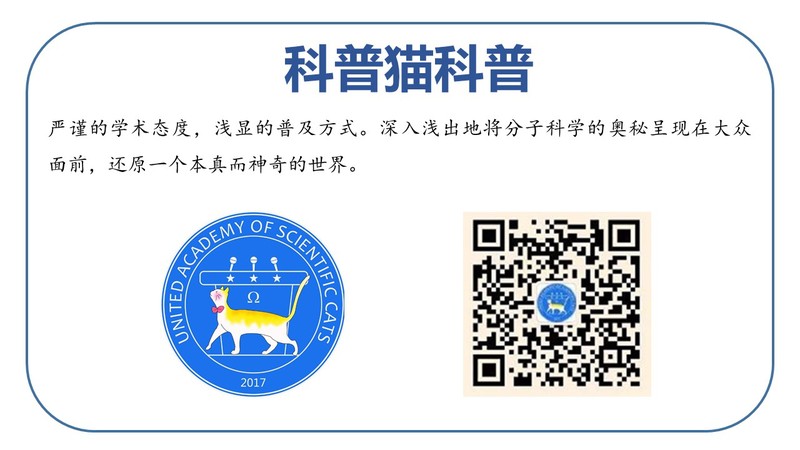血管紧张素转化酶抑制剂(ACEIs)是目前治疗高血压的最常用药物之一。尽管这些药物可以保证在短期服用情况下对人体无害,但研究人员担心该类药物长期使用可能与癌症风险增加相关。
关键词:科普;降压药;肺癌;译文
While hypertension medication can help lower blood pressure levels, it might also increase your risk of lung cancer, according to a new report.
一项最新报告显示,尽管高血压药物有助于降低血压,但它也可能增加患肺癌的风险。

Researchers from McGill University in Canada recently conducted a study, published in The British Medical Journal, to determine the link between lung cancer and angiotensin-converting enzyme inhibitors (ACEIs) and angiotensin receptor blockers (ARBs), two types of pharmaceutical drugs used to treat hypertension.
加拿大麦吉尔大学的研究人员最近在《英国医学杂志》上发表了一项研究,以确定肺癌与血管紧张素转换酶抑制剂(ACEIs)和血管紧张素受体阻滞剂(ARBs)之间的联系,这两种药物用于治疗高血压。
While both types of drugs lower blood pressure, they target different proteins and can have different side effects. Common ACEIs include lisinopril, benazepril and enalapril, and common ARBs include azilsartan, candesartan and eprosartan mesylate.
虽然两种药物都能降低血压,但它们针对的是不同的蛋白质,可能会产生不同的副作用。常见的ACEIs包括赖诺普利,贝那普利和依那普利,常见的ARBs包括阿齐沙坦,坎地沙坦和甲磺酸依普沙坦。
For the study, the authors examined the health records of 992,000 adults in the United Kingdom who were prescribed blood pressure drugs from 1995 to 2015. They were followed for more than six years, and the analysts considered their age, sex, weight, smoking status and other factors that could influence the findings.
在这项研究中,作者检查了英国992,000名成年人的健康记录,这些成年人在1995年至2015年期间服用了降压药。研究人员对他们进行了六年多的跟踪调查,分析人员考虑了他们的年龄,性别,体重,吸烟状况以及其他可能影响调查结果的因素。
After analyzing the results, they found that those who used ACEIs had a 14 percent increased risk of lung cancer compared to those on ARBs. They noticed the association after five years of use and said the risk increased the longer the patients were on the medication. In fact, those who took it for 10 years had a 31 percent increased chance of a diagnosis.
在分析结果后,他们发现使用ACEIs的患者与使用ARBs的患者相比,患肺癌的风险增加了14%。他们注意到这种联系是在使用了5年之后,并且说病人服药的时间越长,风险就越高。事实上,那些服用10年的人,其罹患肺癌的风险增加31%。
"In this large, population based study, the use of ACEIs was associated with an elevated risk of lung cancer overall, along with evidence of a duration-response relation," the team wrote. "Although the magnitudes of the observed estimates are modest, these small relative effects could translate into large absolute numbers of patients at risk for lung cancer, so these findings need to be replicated in other settings."
"在这项基于人群的大规模研究中,使用ACEIs与整体肺癌风险升高有关,同时有证据表明存在时间-反应关系,"研究小组写道。"尽管观察到的估计值很小,但这些较小的相对影响可能会转化为大量的肺癌患者,所以这些发现需要在其他环境中复制。"
The scientists noted ACEIs do not cause lung cancer, and they do not yet understand the relationship between the illness and the pills. However, they hypothesize that socioeconomic differences, diet and family history of lung cancer may have affected their findings. They also acknowledged previous research that suggested ACEIs may cause the accumulation of chemicals that have been discovered in lung cancer tissue.
科学家们指出,ACEIs并不会导致肺癌,而且他们还不清楚这种疾病与药物之间的关系。然而,他们假设社会经济差异,饮食和肺癌家族史可能影响了他们的发现。他们还承认以前的研究表明,ACEIs可能导致肺癌组织中发现的化学物质的积聚。
They now hope to continue their investigations and advise people to express their concerns about potential blood pressure medication risks with their physicians.
他们现在希望继续他们的调查,并建议人们向医生表达他们对潜在的降压药物风险的担忧。
"Additional studies," they concluded, "with long term follow-up, are needed to investigate the effects of these drugs on incidence of lung cancer."
他们总结道:"还需要进一步的研究,通过长期的随访,来调查这些药物对肺癌发病率的影响。"
(责任编辑:李露)
(版权说明,转载自:微信公众号:科学猫科普)

